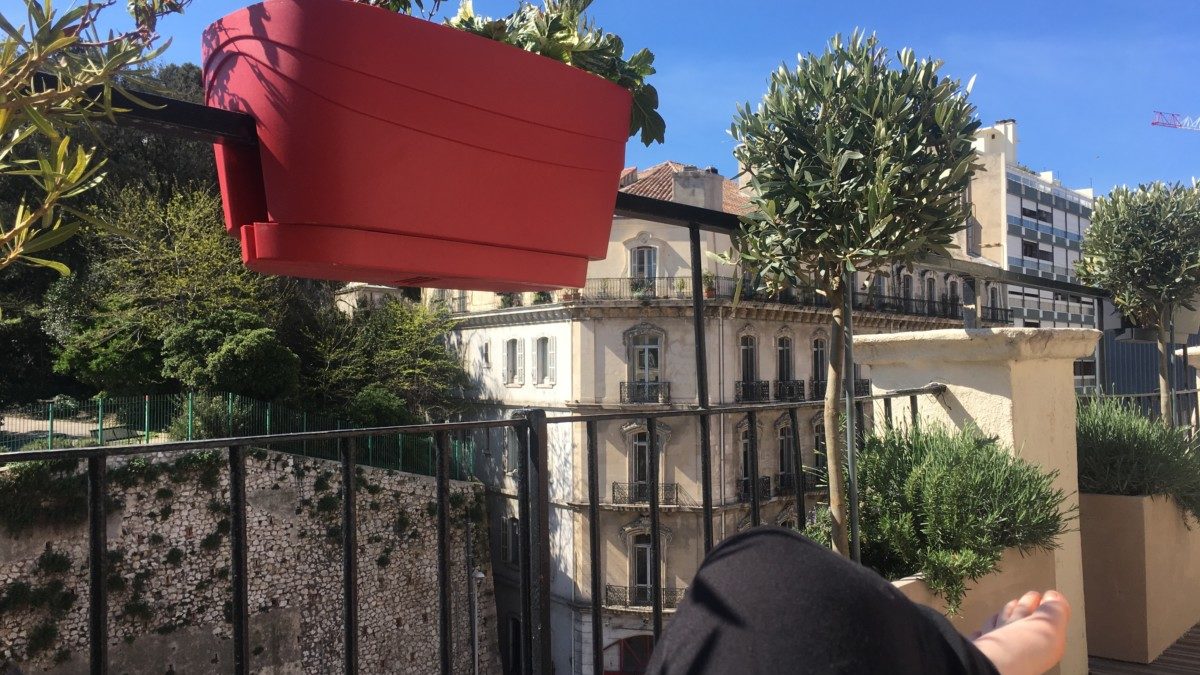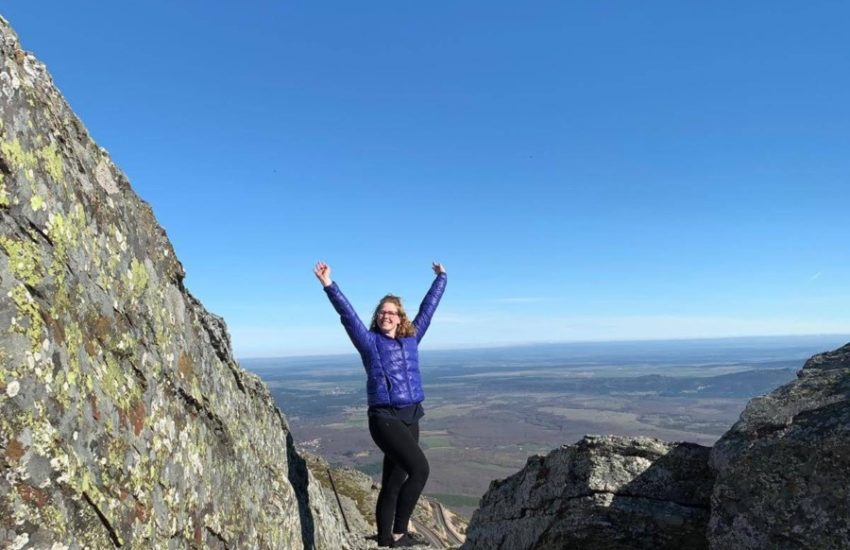by Skyler Sorini & Yobi Zeleke | Spring 2019, Emory Salamanca Program & IES Milan
The reentry process is never easy. Reverse culture shock, back to your daily life, and without your new friends, we always recommend that you be kind to yourselves and patient as you return to your home life and transition emotionally. That said, those of you who returned home amidst a pandemic (many of you having to leave before your semester was through) are surely facing additional challenges to reentry.

With this in mind, our office has compiled a list of resources that mainly fall into two categories: how to help you cope with your return and how to help you optimize your experiences heading towards the future. Some resources in the shared drive help you recognize and process what you have been through, allowing you to come to terms with the study abroad experience that wasn’t what you expected. Do not feel ashamed about mourning what you lost in this experience – let those emotions take their course so that you can move on to phase two: the future.
You may have learned a lot about yourself last semester, and just like any other semester, we want to help you maximize your potential heading towards the future. One tip: find a buddy to hold you accountable. Maybe someone else who was abroad with you or another close friend or even a trusted advisor. Find some concrete ways that you can further your experiences from abroad: volunteer with helping other Atlanteans practice English, apply to grad schools in the UK, join the Japanese Culture Club, help work in the gardens just like you did with your host mom, cook Senegalese food once a week with your friends from abroad, read one book in Spanish every month: there are many ways you can continue your experience from abroad, so explore and have fun with it!

Other resources in the shared drive explore how you can verbalize the skills or qualities that you learned abroad and express them to employers, on grad school applications, or to anyone really. You have had a unique reentry on top of some experiences abroad that helped you learn many soft skills: learn how to express those not only for your own professional development, but so you can frame challenges as a way that you grew as an individual.
This experience was difficult and painful, but by taking steps towards processing and interpreting reentry, you can take care of yourself and your future. Follow the link to the shared drive to learn more and remember, those in our office are always here to talk if you need to.
